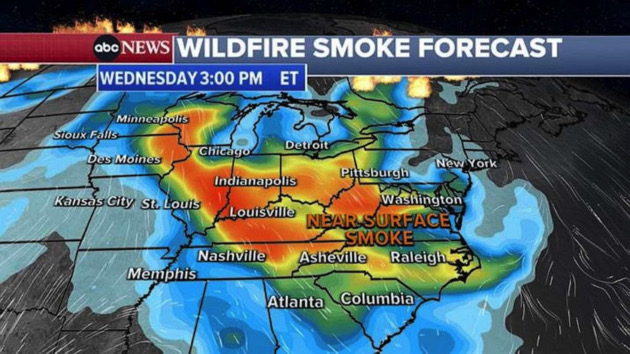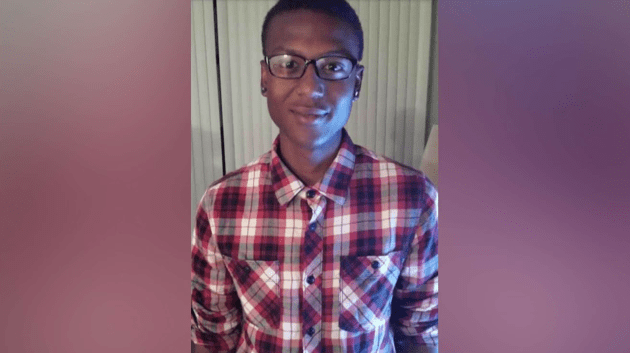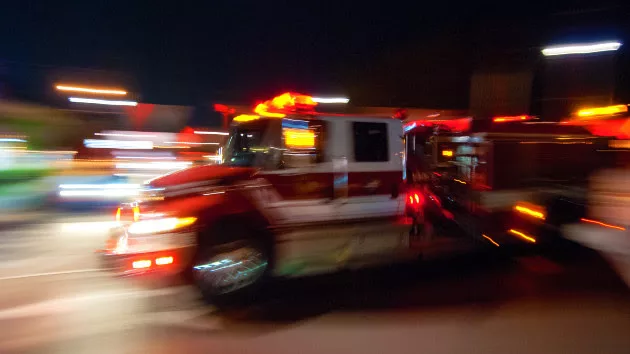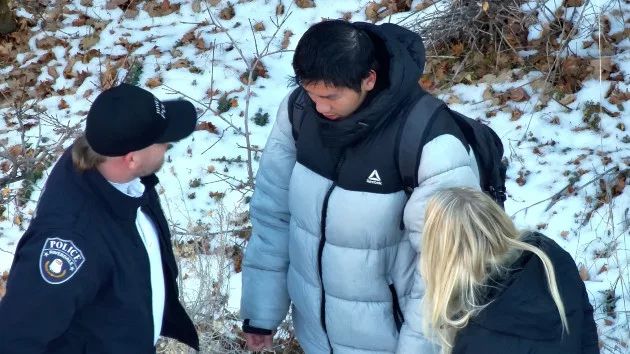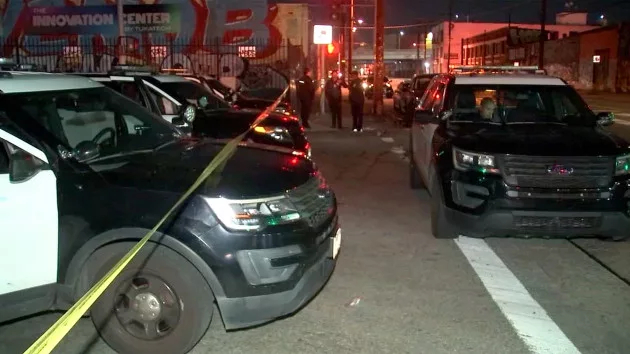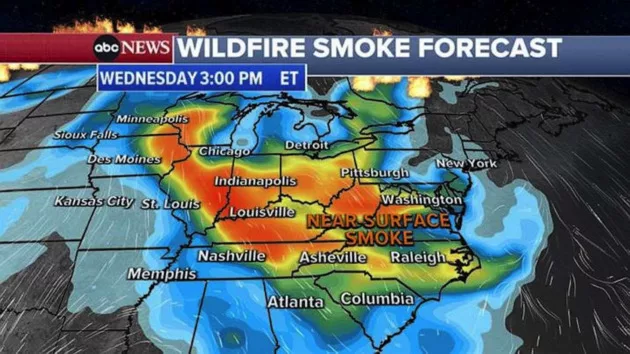
(NEW YORK) — Millions of Americans are on alert for unhealthy air quality as smoke from wildfires in neighboring Canada drifts to the United States.
Wildfires have burned more than 17.7 million acres across Canada so far this year, with no end in sight. There are nearly 500 active wildfires throughout the country and almost 260 have been deemed out of control, according to the Canadian Interagency Forest Fire Center. The smoke has been making its way to the U.S. for over a month.
Here’s how the news is developing. All times Eastern:
Jun 28, 7:59 AM EDT
What to know about the Air Quality Index from wildfire smoke and how it affects human health
Heavy blankets of smoke billowing over the United States from wildfires burning in neighboring Canada are threatening the health of millions of people — even non-vulnerable populations with no preexisting conditions. But what about the smoke makes it so hazardous for humans to be around?
Wildfire smoke contains fine particulate matter, known as PM2.5, which are microscopic solid or liquid droplets — often 30 times smaller than the diameter of a human hair — that can be inhaled and cause serious health problems, according to the U.S. Environmental Protection Agency.
Most particles form in the atmosphere as a result of complex reactions of chemicals, such as sulfur dioxide and nitrogen oxides — pollutants emitted from power plants, industries and automobiles. But wildfires likely contain PM2.5 that is up to 10 times more harmful than the same type of air pollution coming from combustion activity, according to a 2021 study conducted in California.
PM2.5 is considered unhealthy for “Code Orange” and sensitive groups once the Air Quality Index surpasses 100, according to AirNow, a website that publishes air quality data. Once the AQI surpasses 150, it is considered “Code Red,” unhealthy for some members of the general public who may experience health effects, with sensitive groups experiencing more severe effects.
The AQI is at “Code Purple” once it surpasses 200, considered “very unhealthy” with increased health risk for all populations. “Code Maroon” is labeled as “hazardous” and a health warning for emergency conditions once the AQI reaches 300 and higher.
At Code Maroon, “everyone is more likely to be affected,” according to AirNow.
A “good” AQI is measured at 50 and below, and a “moderate” air quality index ranks between 51 and 100.
-ABC News’ Julia Jacobo
Jun 28, 7:45 AM EDT
Chicago air quality hits ‘very unhealthy’ category
As Canadian wildfire smoke infiltrates the midwestern United States, the air in Chicago has deteriorated to the Air Quality Index’s> “very unhealthy” category.
The AQI in hazy Chicago reached 250 on Tuesday afternoon. Any number over 100 is considered unhealthy for sensitive groups.
“We recommend children, teens, seniors, people with heart or lung disease, and individuals who are pregnant avoid strenuous activities and limit their time outdoors,” Chicago Mayor Brandon Johnson warned in a statement. “For additional precautions, all Chicagoans may also consider wearing masks, limiting their outdoor exposure, moving activities indoors, running air purifiers, and closing windows.”
The smoke is forecast to clear on Friday when showers and thunderstorms hit the region.
Earlier this month, the AQI in the northeastern U.S. reached near maximum with levels in the high 400s.
Jun 28, 7:03 AM EDT
20 US states under air quality alerts
As of Wednesday morning, 20 U.S. states are under air quality alerts from Minnesota down to Georgia and as far north as western New York.
Wildfire smoke from neighbouring Canada is currently blanketing large swaths of the United States, from Iowa to western Pennsylvania to North Carolina and most everywhere in between. Only Chicago is getting a small reprieve on Wednesday morning due to a lake breeze, which isn’t expected to last for long.
Later on Wednesday, the smoke is expected to cover areas from Minnesota to Washington, D.C. and down to the Carolinas.
By early Thursday morning, the smoke will be seen in Minneapolis, Chicago, Indianapolis, Atlanta and Pittsburgh. But by the afternoon, it will linger from Detroit to Atlanta and east to Washington, D.C. and Philadelphia.
New York City could be impacted as well, but most of the smoke from the Canadian wildfires is expected to stay in western New York state, Pennsylvania and southern New Jersey.
Copyright © 2023, ABC Audio. All rights reserved.


